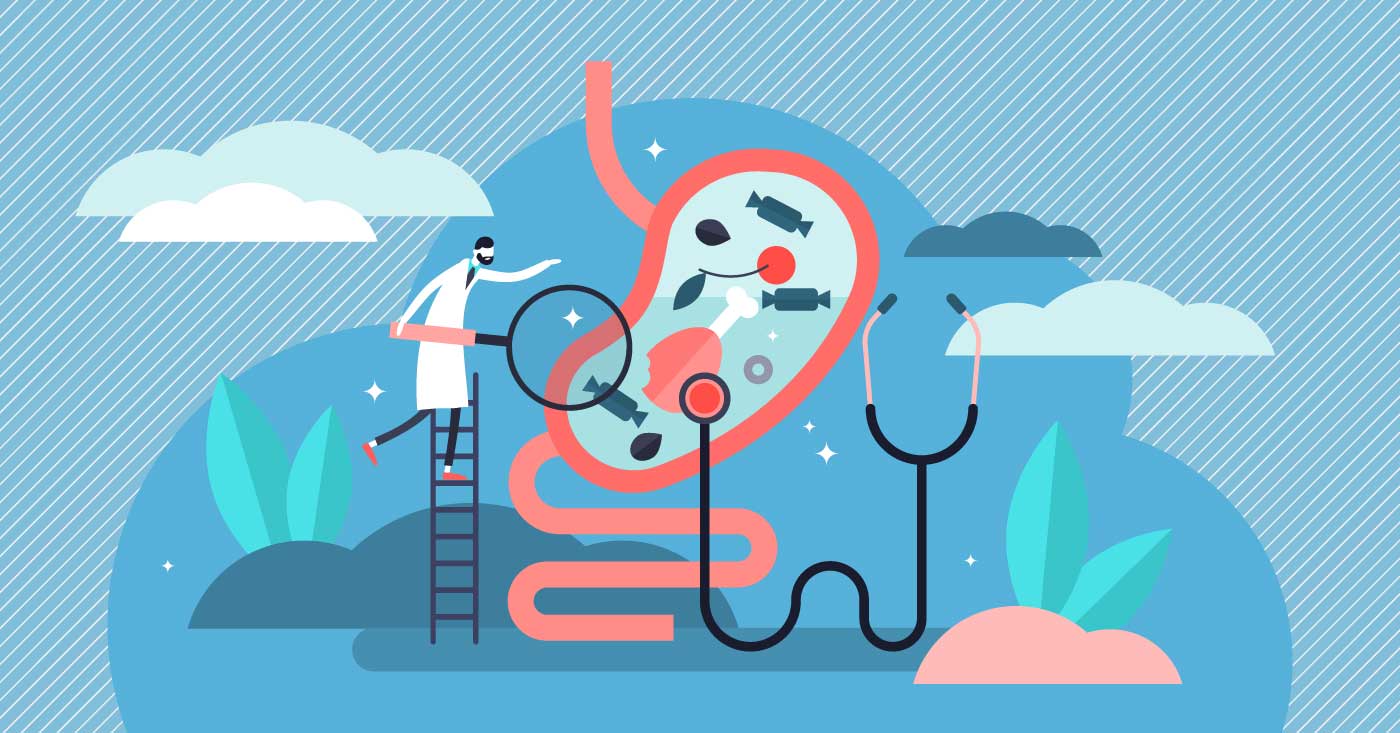What are the signs of an eating disorder?
Dec. 08, 2021 Harriet Frew
When you have an eating disorder, you usually have an excessive sort preoccupation with food and weight. So in terms of how you value yourself, so much of your self-worth is linked to your ability to control your food and your weight in shape.
Now, what often underlies Neath and disorder is a feeling of not feeling good enough. It can kind of be an unconscious coping strategy to cope with feelings, but often this can be quite unconscious.
So different behaviour someone might show when they have an eating disorder are things like restricting their calorie intake, having lots of rules around eating. They may be losing control of their eating through binge eating or overeating.
They may be showing some purging behaviours or overexercising, and often they'll really withdraw from people. And eating disorders starts to impact your daily life and just really get in the way of normal things.
So the second part of this question is what is considered sort of excessive or compulsive exercise, I guess as well with this, the important thing around the exercise is not so much the exercise itself because some people might exercise quite a lot, but have a healthy relationship with food.
But when you have sort of compulsive exercise or feeling that it's kind of very much linked to your eating feeling that you have to do it feeling that you have to burn calories, feeling that if you don't do it, you're going to experience loads of anxiety and really worry about your weight.
Those are the kind of thought patterns behind exercise which can be problematic.
So if you're just sort of really feeling really, really anxious that you have to do the exercise, otherwise something bad is going to happen that you feel you have to burn excessive calories that you feel you have to exercise maybe rather than seeing your friends and doing the things you used to enjoy, those are all warning signs.













